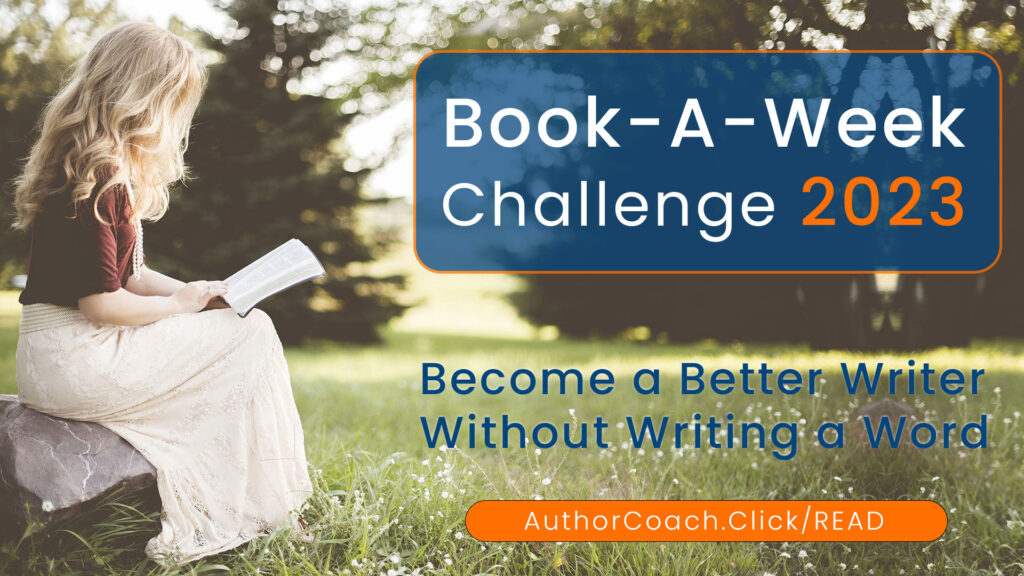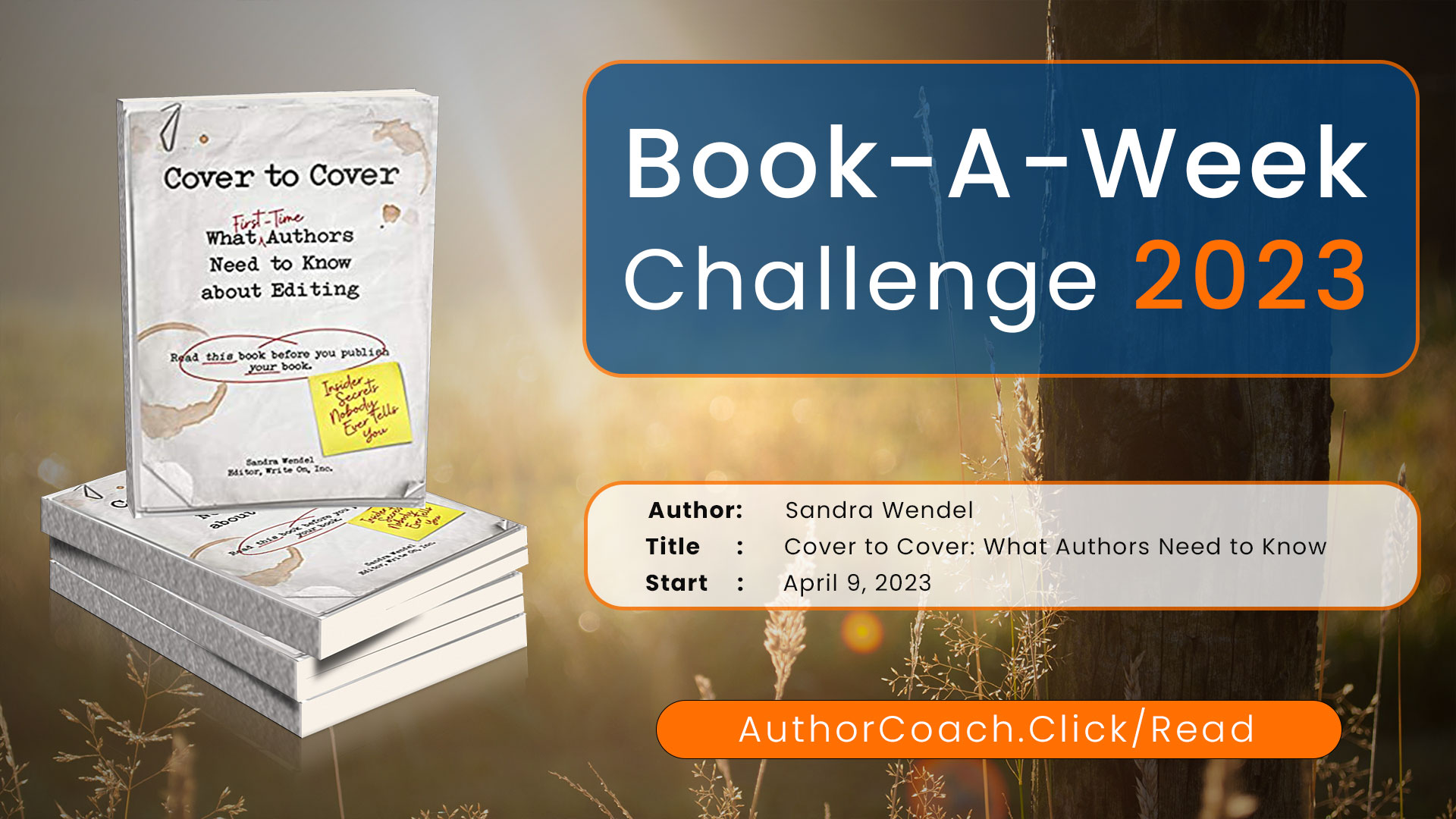As a Christian non-fiction author, your goal is to emotionally impact your readers, inspiring them to make changes in their lives. “Cover to Cover: What Authors Need to Know about Editing” by Sandra Wendel provides valuable insights into the editing process that can help you create work that resonates with your audience.
In this overview, you will discover three primary takeaways, each supported by biblical passages.
Takeaway #1: The Importance of Clarity and Conciseness
Sandra Wendel emphasizes the importance of clarity and conciseness in your writing. As a Christian non-fiction author, you can apply this principle by carefully choosing your words and ensuring your message is easily understood by your readers. By doing so, you can create work that emotionally impacts your readers and inspires them to make changes in their lives.
Consider these biblical passages to support this takeaway:
- Proverbs 15:2: “The tongue of the wise uses knowledge rightly, but the mouth of fools pours forth foolishness.”
This verse highlights the importance of using words wisely and effectively to convey knowledge and understanding. By striving for clarity and conciseness, you can ensure that your message is easily understood by your readers. - Proverbs 10:19: “In the multitude of words sin is not lacking, but he who restrains his lips is wise.”
This passage reminds you of the value of brevity and the power of restraint when it comes to your writing. By focusing on clarity and conciseness, you can avoid unnecessary distractions and create work that resonates with your readers. - Ecclesiastes 12:10: “The Preacher sought to find acceptable words; and what was written was upright—words of truth.”
This verse emphasizes the importance of carefully choosing your words to convey truth and wisdom. By prioritizing clarity and conciseness, you can create work that effectively communicates your message and emotionally impacts your readers.
Takeaway #2: The Power of Revision and Refinement
Wendel encourages authors to embrace the power of revision and refinement in the editing process. As a Christian non-fiction author, you can apply this principle by being open to revisiting and revising your work, ensuring that it effectively communicates your message and emotionally impacts your readers.
Consider these biblical passages to support this takeaway:
- Proverbs 27:17: “As iron sharpens iron, so a man sharpens the countenance of his friend.”
This passage highlights the importance of continuous improvement and the role of collaboration in refining your work. By being open to revision and refinement, you can create work that effectively communicates your message and emotionally impacts your readers. - 2 Timothy 3:16-17: “All Scripture is given by inspiration of God, and is profitable for doctrine, for reproof, for correction, for instruction in righteousness, that the man of God may be complete, thoroughly equipped for every good work.”
This passage emphasizes the value of correction and instruction in improving one’s work. By being open to revision and refinement, you can create work that effectively communicates your message and emotionally impacts your readers. - Hebrews 4:12: “For the word of God is living and powerful, and sharper than any two-edged sword, piercing even to the division of soul and spirit, and of joints and marrow, and is a discerner of the thoughts and intents of the heart.”
This verse highlights the power of the Word of God in shaping and refining the hearts and minds of believers. As a Christian non-fiction author, you can apply this principle by continually seeking to refine your work, ensuring that it effectively communicates your message and emotionally impacts your readers.
Takeaway #3: Engaging Your Readers
Sandra Wendel emphasizes the importance of engaging your readers throughout your work. As a Christian non-fiction author, you can apply this principle by creating work that captures your readers’ attention and maintains their interest. By doing so, you can create work that emotionally impacts your readers and inspires them to make changes in their lives.
Consider these biblical passages to support this takeaway:
- Matthew 13:10-11: “And the disciples came and said to Him, ‘Why do You speak to them in parables?’ He answered and said to them, ‘Because it has been given to you to know the mysteries of the kingdom of heaven, but to them it has not been given.’”
This passage highlights the power of storytelling and the use of parables to engage and teach listeners. By incorporating stories and examples into your work, you can capture your readers’ attention and maintain their interest. - 1 Corinthians 9:22: “To the weak I became as weak, that I might win the weak. I have become all things to all men, that I might by all means save some.”
This verse emphasizes the importance of connecting with your readers on a personal level to effectively communicate your message. By understanding and addressing your readers’ needs and concerns, you can create work that engages and emotionally impacts them. - Colossians 4:6: “Let your speech always be with grace, seasoned with salt, that you may know how you ought to answer each one.”
This passage underscores the value of crafting your message with grace and wisdom, ensuring that it resonates with your readers. By creating work that engages your readers and speaks to their hearts, you can emotionally impact them and inspire them to make changes in their lives.
“Cover to Cover” by Sandra Wendel offers valuable insights that can help you, as a Christian non-fiction author, create work that emotionally impacts your readers and inspires them to make changes in their lives.
By focusing on clarity and conciseness, embracing the power of revision and refinement, and engaging your readers, you can create work that effectively communicates your message and resonates with your audience.
By incorporating these takeaways, supported by biblical wisdom, you can effectively engage your readers and foster a sense of community and shared purpose in their pursuit of a deeper relationship with God and personal change.


Leave a Reply